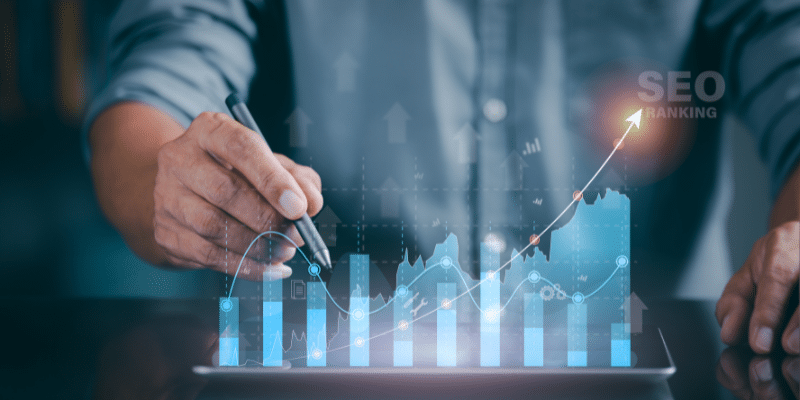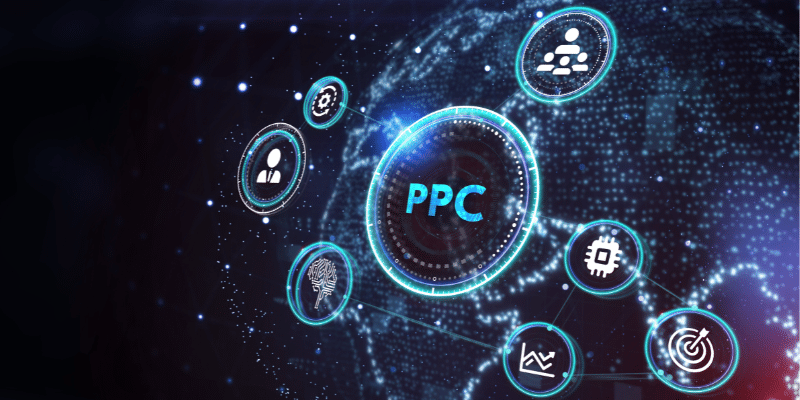
SEO vs. PPC: Do You Need Both in Your Digital Marketing Package?
Digital marketing can often feel like a black box, leaving businesses questioning the best strategies to employ for maximum impact. Among the most debated are Search Engine Optimization (SEO) and Pay-Per-Click (PPC) advertising. When debating SEO vs. PPC, each has its strengths, and understanding when and how to use them can make a significant difference in your marketing success.
A digital marketing strategy is a lot like a balanced ecosystem, where SEO and PPC serve as the dual engines propelling your business forward. Here, we discuss both roles and why they're more powerful side-by-side instead of pitted against one another.
Both are designed to improve online visibility and drive traffic to your website, but they accomplish these goals in totally different ways.

SEO (Search Engine Optimization) involves optimizing your website to rank higher in organic search engine results. It's a long-term strategy focused on improving the quality and quantity of traffic to your site through relevant, high-quality content, technical enhancements, and backlinks.

PPC (Pay-Per-Click) advertising, on the other hand, is a model where advertisers pay a fee each time their ad is clicked. These ads are displayed across search engines, social media and certain sites. PPC allows for immediate visibility and traffic, enabling businesses to target specific audiences with precision. This strategy is ideal for time-sensitive promotions and generating quick leads.
To better understand how SEO and PPC can complement each other, let's use a well-known analogy of securing food:
While "hunting" for customers might sound intense, think of it more as strategically targeting the right audience at the right time. And remember, SEO can sometimes yield quick results, too, but a bountiful harvest isn't always guaranteed.
So, if you're thinking you like one more than the other, we generally never recommend just choosing one over the other. For a balanced and effective digital marketing strategy, combining SEO and PPC is often the best approach. Here's why:
Integrating both SEO and PPC into your digital marketing strategy ensures a comprehensive approach that maximizes reach and effectiveness. Here's how each contributes to your overall success:
A: SEO is a long-term strategy, typically taking 3-6 months to see significant results, depending on competition and industry.
A: Yes, PPC can be tailored to fit any budget. Start small and scale up as you see positive returns.
A: Both have unique advantages. SEO is ideal for long-term growth, while PPC is perfect for immediate results. A combined approach often works best.
A: Measure success through metrics such as organic search rankings, website traffic, conversion rates, cost per click, and return on ad spend.
Incorporating both SEO and PPC into your digital marketing strategy provides a balanced approach, leveraging the strengths of both long-term growth and immediate impact. At Blue Ocean Interactive Marketing, we recommend a customized strategy that aligns with your business goals and market dynamics. Ready to optimize your digital presence? Subscribe to our email list at the bottom of the page for more expert insights and updates.